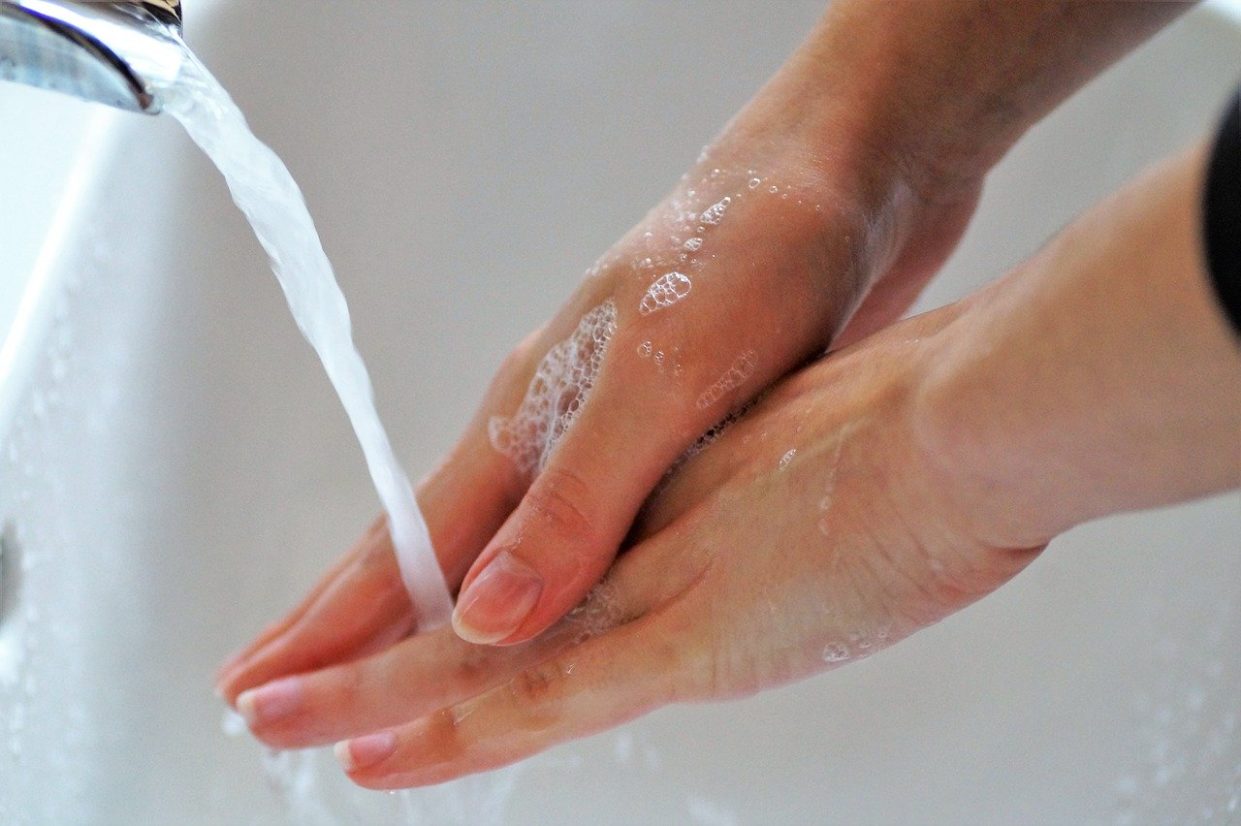The widespread fear of the COVID-19 pandemic is here and, because of the community quarantine and lockdowns, a lot of us are wondering what else we can do to prevent the infection. To help you, we’ve come up with a practical guide based on reliable sources.
Staying Safe in Your Community
According to the WHO spokesperson, COVID-19 is just like any other viruses that appears to spread through respiratory droplets, such as coughs and sneezes by a sick person. Therefore, it’s essential that you do precautionary measures to minimize your exposure to these droplets and you can do so by:
- Washing your hands with soap and water regularly and using 70% alcohol-based sanitizers is the number one preventive measure to spread and get the virus. It’s essential to wash your hands for at least 20 seconds.
- Always disinfect the surfaces in your home and office.
- If you are 60 years old and above, have underlcovidying illnesses, or children should avoid going to crowded places. Avoid having close contact with people who display flu-like symptoms.
- Ensure that all information you consume and share is from reliable sources and websites such as the WHO and your local government websites.
Staying Safe at Work and School
If you are still allowed to work and go to school, then it’s vital that you know what to do when in these crowded places to avoid getting the virus. You should carry out some of the steps we mentioned above and include the following:
- Maintain social distancing specifically at least 1-meter distance from other people, especially when coughing or sneezing.
- Clean your school or work objects and items. Use sanitizing agents that contain the proper amount of alcohol in order for it to be effective. Clean your keys, wallets, cellphones and cellphone cases, and keyboards.
- Regularly washes your hands, especially when you are at the office or school. Always sanitize your hands after washing and in-between office or schoolwork.
- If you are feeling unwell or experiencing flu-like symptoms, then stay at home. Call the hospital first and do not immediately go to the ER.
Both at home and school, it’s always better to be prepared, but don’t panic-buy. Stock up on your supplies, especially if a healthcare professional suspects you have the virus. Stay at home, stock food items and other necessities that will last you for four weeks in self-quarantine.
Do not panic buy. Instead, buy extra items and provisions for you and your family. Don’t forget to purchase necessities for your pets, too.
Staying Safe when Traveling
A lot of countries and cities are in lockdown now but many are still traveling home or for safety to countries that still have open airports. If it’s impossible to stay home and travel is a must, then make sure you do the following when traveling:
- At the airport, maintain social distancing and avoid large crowds.
- Sanitize your airplane seat with a hand-carry sanitizer.
- Get an update of the travel advisories for COVID-19.
If you have a fever, cough, or cold, then WHO advises that you stay at home. Do not travel and go to any crowded place. If you develop any symptoms while flying, then inform the crew immediately. Once you’ve landed, follow the protocols and contact your health professional.
What to do if you have flu-like symptoms?
Don’t panic. If you have flu-like symptoms, don’t go to the ER yet. Here are some things you can do:
- Use your elbow to cover your nose and mouth when you cough or sneeze. Immediately clean your hands with a tissue after sneezing or coughing.
- Stay at home if you feel unwell and call the doctor.
- Seek healthcare immediately if you are developing shortness of breath.

